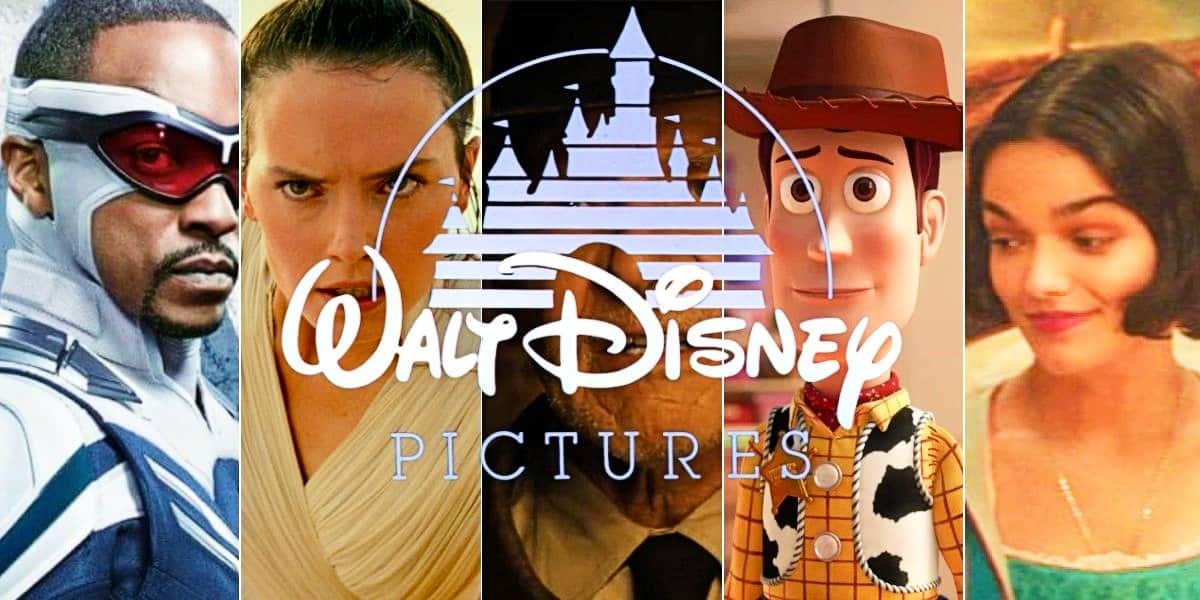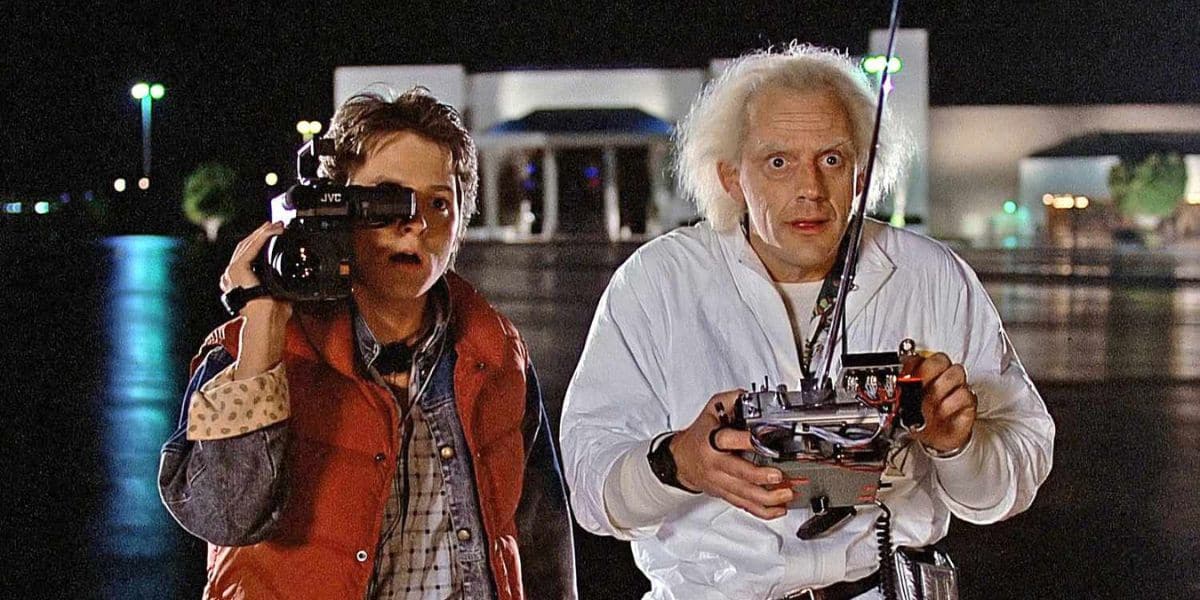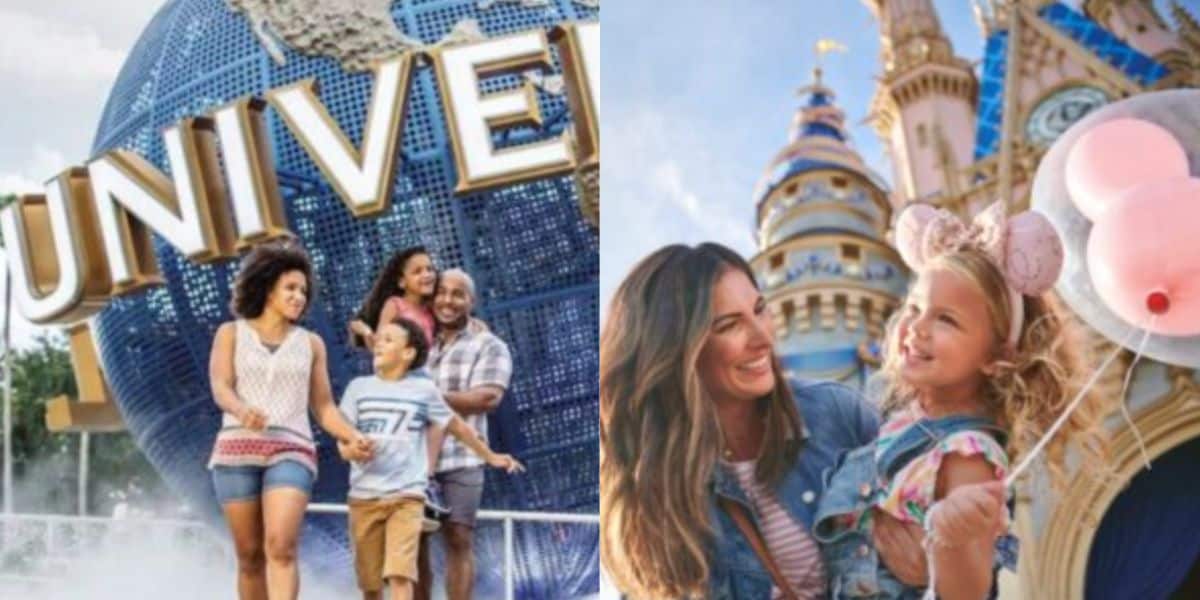Disney, Universal, and other major studios have joined forces to wage war against the rise of Artificial intelligence. Here’s what’s happening.

Disney, Universal Declare War on Artificial Intelligence
The moment feels ripped from the very films these studios are known for—David versus Goliath, but with the roles reversed. On one side, massive entertainment giants; on the other, AI companies with unprecedented tools that promise to put “Hollywood in your pocket.” For fans, it’s both thrilling and unsettling: what happens when anyone can summon Mickey Mouse or Harry Potter with a few keystrokes?
In a digital age where artificial intelligence is reshaping art, creativity, and intellectual property, the stakes couldn’t be higher. This story isn’t just about copyright law—it’s about how the future of entertainment may be written not by humans, but by algorithms. And now, some of the world’s most powerful studios are saying enough is enough.
Just months after Disney and Universal took on Midjourney in a high-profile legal battle, they’ve found a new opponent. But this time, they aren’t going in alone. Here’s what you need to know about the lawsuit that could change how AI and entertainment coexist.

What’s New: Disney, Universal, and Warner Bros. Unite Against MiniMax
According to CNN, yesterday, Disney and Universal Studios joined forces with Warner Bros. Discovery to sue MiniMax, a Chinese AI company behind Hailuo AI, an image and video generator. Filed in California’s district court, the lawsuit alleges that MiniMax built its platform using copyrighted material from Hollywood’s biggest players and promoted its service as a “Hollywood Studios in your pocket.”
The complaint claims that Hailuo enables users to generate downloadable images and videos of copyrighted characters—everything from superheroes to animated icons—without permission. Despite warnings, the studios say MiniMax ignored U.S. copyright law and failed to apply safeguards against infringement.
“A responsible approach to AI innovation is critical, and today’s lawsuit against MiniMax again demonstrates our shared commitment to holding accountable those who violate copyright laws, wherever they may be based,” the studios said in a joint statement.
Adding to the drama, MiniMax is preparing to go public with an estimated valuation of $4 billion, according to Yahoo Finance. Now, the lawsuit threatens to disrupt those plans.

How Fans and Creators Are Affected
So what does this mean for everyday fans and content creators? For starters, it could shape what kinds of AI tools remain available in the U.S. If courts side with Disney, Universal, and Warner Bros., AI companies may face stricter regulations on what data they can use to train models.
For fans, that could mean saying goodbye to quick, AI-generated versions of their favorite characters. For creators, especially those experimenting with AI art, it’s a reminder that not all content generated online is “free to use.” In fact, this case could define whether fan-made AI art remains a fun pastime or a legal minefield.

Hidden Hacks: What You Should Know About AI and Copyright
-
Not everything online is safe to share. Even if you generate an image yourself, if it uses copyrighted characters, you could be violating intellectual property law.
-
Studios are cracking down harder than ever. The Midjourney case was the opening shot; this MiniMax lawsuit shows Hollywood is committed to long-term enforcement.
-
Pay attention to licensing. Some AI tools train only on public-domain or original content—these are safer options for creative projects.

Why This Lawsuit Matters
This isn’t just about one company. It’s about the cultural crossroads where technology meets creativity. Fans love to imagine new worlds, but studios argue that billions of dollars and decades of storytelling are at risk if AI models can freely mimic them.
The case also reflects a broader shift: just as streaming upended theaters, AI threatens to upend content creation itself. Social media is already buzzing with fan reactions—some cheering the lawsuit as protection for artists, others criticizing studios for stifling creativity.
If the studios succeed, it may set a precedent for future copyright battles worldwide. If they fail, AI companies could gain even more freedom to push boundaries. Either way, the entertainment landscape will never be the same.

The Bottom Line
Disney, Universal, and Warner Bros. aren’t just defending their intellectual property—they’re drawing a line in the sand for the future of AI and entertainment. For fans, creators, and companies alike, the outcome of this lawsuit will shape how art, technology, and storytelling collide in the years ahead.
What do you think—should AI companies be free to generate characters, or are the studios right to fight back?
